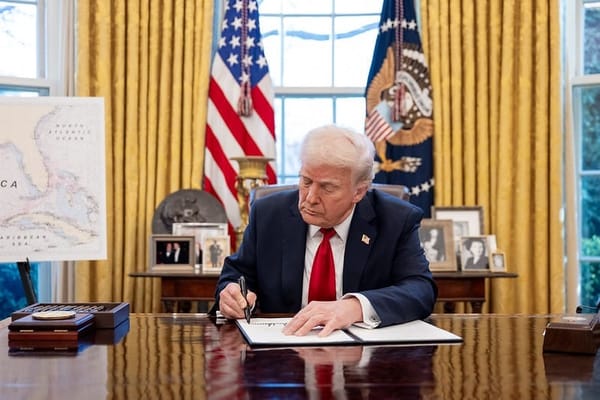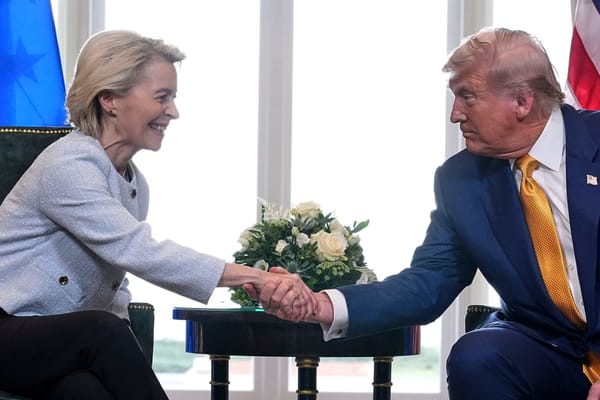US Admin's Anti-Immigration Policies Are Dialed Up
What happened?
Yesterday, the U.S. administration revoked Harvard's certification to enroll international students. This move is intended to put financial pressure on the prestigious university, as 27% of its students are from overseas and often pay full tuition. Although a California court temporarily blocked the anti-immigration measure, it follows a Supreme Court decision that upheld the revocation of protected status for 380k Venezuelan immigrants. Most of these immigrants are authorized to work and now face deportation.

Why does this matter?
-
 Immigration equals economic growth: New arrivals provide an additional labor supply and increase consumer demand. This effect adds about 0.5% to annual GDP growth. This positive trend is turning negative, as hundreds of thousands of employed workers are being forced to leave.
Immigration equals economic growth: New arrivals provide an additional labor supply and increase consumer demand. This effect adds about 0.5% to annual GDP growth. This positive trend is turning negative, as hundreds of thousands of employed workers are being forced to leave.
-
 US exceptionalism is rooted in immigration: Many of the most successful and innovative American tech companies, including Google, Tesla, and Stripe, were founded by immigrants. Many of these founders came to the U.S. through its elite universities. Cutting that off would greatly impact the tech ecosystem.
US exceptionalism is rooted in immigration: Many of the most successful and innovative American tech companies, including Google, Tesla, and Stripe, were founded by immigrants. Many of these founders came to the U.S. through its elite universities. Cutting that off would greatly impact the tech ecosystem.
What’s the counterpoint?
-
 High immigration came at the expense of lower-income groups: Under Biden too much money was printed, causing inflation and lowering real wages. Then, a record number of immigrants came to the US, which kept wages low. It's no wonder that many everyday Americans were upset about these policies.
High immigration came at the expense of lower-income groups: Under Biden too much money was printed, causing inflation and lowering real wages. Then, a record number of immigrants came to the US, which kept wages low. It's no wonder that many everyday Americans were upset about these policies.
-
 Universities now symbolize what has gone wrong in the US: Ivy League universities, with their vast endowments and extensive donor networks, largely represent the interests of the top 10% of society. Since these institutions are inaccessible to most, they are an easy target for a populist administration claiming to champion average Americans' everyday concerns.
Universities now symbolize what has gone wrong in the US: Ivy League universities, with their vast endowments and extensive donor networks, largely represent the interests of the top 10% of society. Since these institutions are inaccessible to most, they are an easy target for a populist administration claiming to champion average Americans' everyday concerns.
finformant view
The US administration is cracking down on immigration. This will lead to slower growth and generate more negative headlines. Lower bond yields and a weaker US dollar seem likely.





